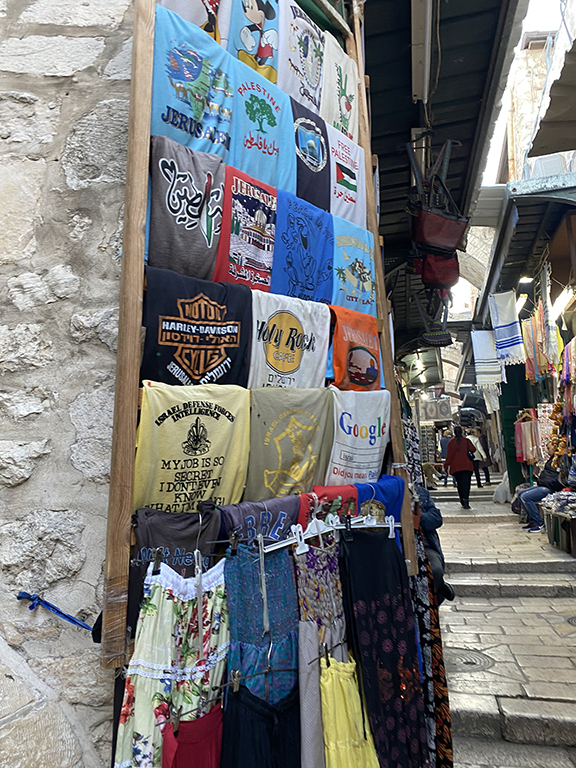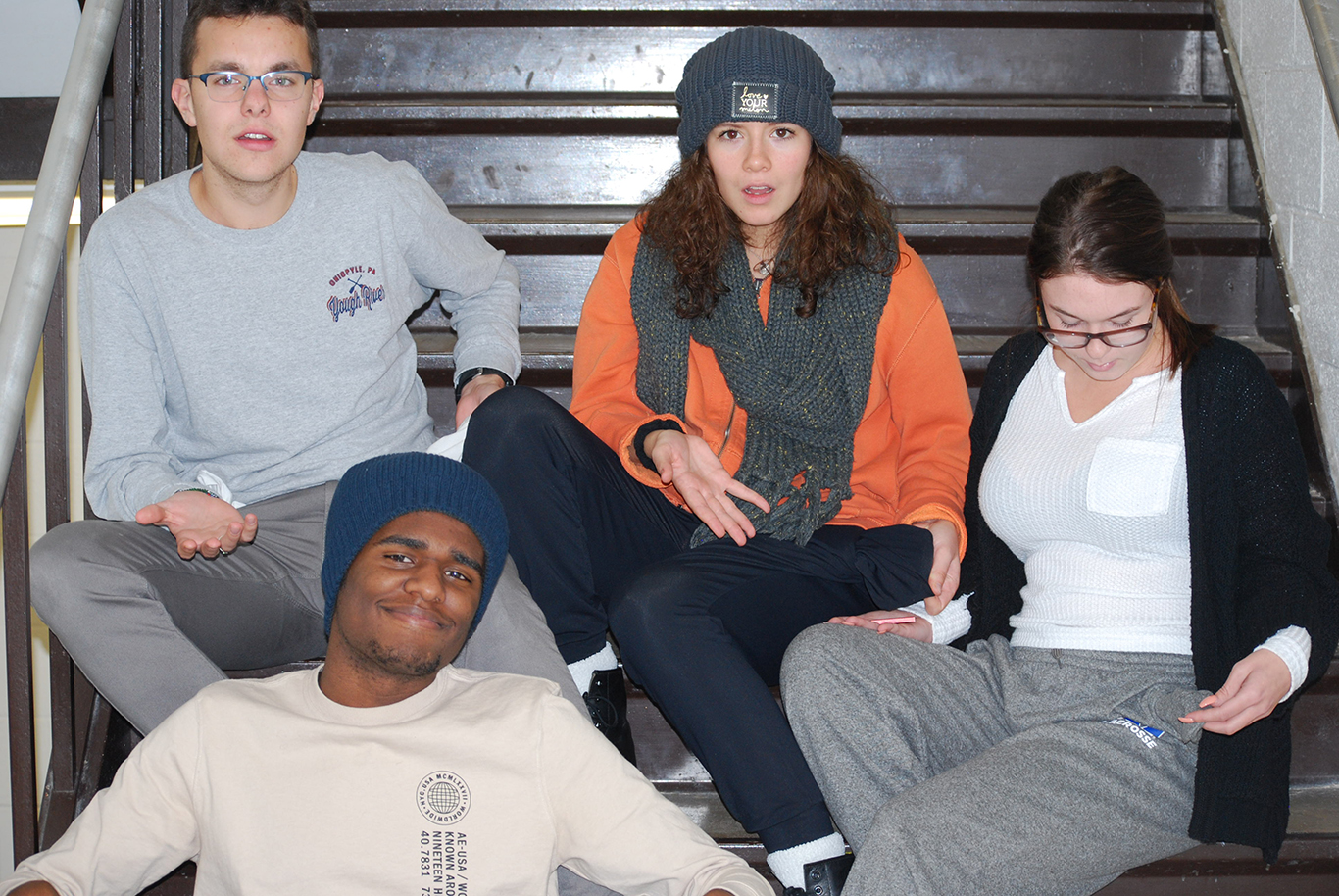Religion has no place in politics — it says so in the law itself. However, with the way society and politicians have behaved it does not seem as though this distinction or separation of church and state ever really existed.
America does not have a “national religion” nor should we or will we ever as a nation. The freedom of religion as outlined in the Bill of Rights guaranteed that Americans would not be forced to convert to or adhere to one powerful or dominating religion. The first clause states, “Congress shall make no law respecting an establishment of religion.”
Religion was not to be used as motivation or inspiration for any laws simply because the people were given the right to believe whatever they wanted. What I think many people today forget is that one of the main reasons early Europeans settled — and unfairly colonized land, may I add — in the United States was to avoid religious persecution in Europe and establish a land where people of all religions practiced freely and coincided with each other.
That being said, why does the president of the United States swear into office with his hand placed on the Bible? Why is the Bible used in the court of law? Why are religious beliefs the driving force behind Congressional bills and Supreme Court decisions regarding women’s reproductive rights and the rights of LGBTQIA+ individuals in this country?
It is important to note that not everyone in the U.S. believes in God, despite Christianity being the dominant religion. Regardless of the popularity or demographic of people who identify as Christian in this country, which in 2019 was approximately 70 percent of Americans, I am unable to comprehend how and why laws are trying to be passed with a religious viewpoint supporting them.
I do not want to get controversial or bring up the differences in political parties in America right now, because this is not intended to favor my personal opinions or promote a specific political agenda. However, the umbrella statement that religion has no place in politics does, unintentionally, target Republicans given the recent confirmation of Amy Coney Barrett as the newly elected Supreme Court Justice.
Barrett is a lawyer, jurist and former academic who was nominated by Donald Trump and has been serving on the court since Oct. 27, 2020. She is a conservative woman who is taking the place of deceased and well-loved Justice Ruth Bader Ginsburg. RBG was a feminist icon who advocated for women and minority rights while serving on the Supreme Court for 27 years before she died of cancer on Sept. 18, 2020.
My problem with the nomination of Amy Coney Barrett is multi-faceted. She is going to figuratively close every door RBG has opened. Her presence swayed the court to have a conservative majority. She is a proud practicing Christian. However, with speculation of her beliefs affecting her judgment and decisions in Court, she has yet to make a statement. Contrarily, she has made comments that display and highlight exactly how her faith is going to influence decision-making — sending panic across America.
According to The Washington Post, Barrett served as a “handmaid” in a Christian group called People of Praise. Though she and the group have declined to comment or explain her involvement, she has had an active role in the organization, as have her parents, according to documents and interviews with a group that keeps its teachings and gatherings private. Barrett’s ties to the religious group, which has conservative stances on the role of women in society and other social issues, did not come to light until after she was questioned by senators considering her nomination to the U.S. Court of Appeals for the 7th Circuit in 2017.
There is nothing wrong with being a Christian and having conservative views. People are entitled to their own opinions and it is morally and legally wrong to discriminate based on a person’s religious beliefs or political affiliation. That being said, it is even more wrong to use your religion and personal viewpoints to influence politics and make life-changing decisions for citizens of this country when you are in a position of great power.
Barrett’s views on abortion, birth control and LGBTQIA+ are repulsive, insulting and not welcome in a position of extreme political power and influence. Being homophobic or pro-life are personal viewpoints that a person, though it is disgusting and unethical to feel such a way, is entitled to. She is not entitled, however, to use her personal beliefs to take away or retract the basic human rights of minorities in America.
Barrett publicly denied the possibility of her religion and views towards women and LGBTQIA+ individuals influencing her decisions as a judge; it is not shocking, though, that her previous comments say otherwise. In a 2016 lecture, she questioned whether Title IX protections should be extended to transgender people, as well as questioned whether or not the Supreme Court should have made the ruling on Obergefell v. Hodges legalizing same-sex marriage federally. She is proudly pro-life and in 1998 co-wrote an article that stated terminating a pregnancy at any point was “always immoral.” When questioned about this, she argued that she was simply stating the viewpoint of the Catholic Church and that she would not let her religion and personal bias dictate her decisions as a judge. She also sidestepped an adequate answer for questions regarding contraception. When asked during her Senate confirmation hearing about whether or not the Supreme Court ruling of Griswold v. Connecticut was correctly decided, she chose to answer by saying it is unlikely the case would ever be overturned.
We are scared. As a feminist, I feel physically nauseated that another woman was given a position of power and the chance to make a difference and carry on the legacy of RBG, and yet she is predicted to do the complete opposite. The chance for women to influence politics and hold positions of power is an honor, a landmark and an accomplishment that all feminists and even all women should be embracing — and yet the reality is much darker.
Amy Coney Barrett’s nomination and confirmation as the newest Supreme Court Justice is a threat to women’s autonomy over their own bodies. It is a threat to same-sex couples and their right to be legally married. She is a threat to minority groups and she is a threat to this country.




